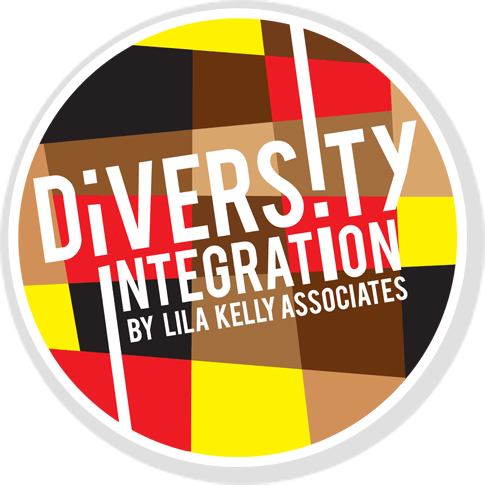
Put yourself in a job applicant’s shoes and think about interview questions that would seem inappropriate or unnecessary for a job. Seemingly innocent questions may cause a sticky situation for an applicant and can leave the applicant feeling like their only option is to provide information that is not completely accurate during an interview. Here are examples of situations in which these applicants had no other way around this.
Kisa is an Employment Resource Developer who helps refugees find employment. She saw no other option for some of her clients than to lie in certain interview situations.
“An odd question I’ve come across that is impossible for refugees to answer is, ‘How would you describe your lifestyle in terms of taking ‘calculated’ safety risks?’ How can refugees even begin to address this question? They obviously have taken many risks (sometimes calculated, but more often out of survival instinct) in order to leave their war afflicted countries and arrive safely at a refugee camp. But if they answer the question in this way (that they do take many risks), it will reflect badly on them as a potential employee because employers are looking for candidates that adhere closely to safety regulations and protocol. Should I therefore tell my clients that they have to lie in order to get a job? What is that telling them about work ethic in the U.S.?”
A graphic designer who is lesbian, was caught off guard by an interviewer’s question, which resulted in an incorrect assumption made by the interviewer about her.
“I was out at home back East, and I was never going to go back in the closet. In my first interview I was asked what brought me to Minnesota, and I was not prepared for that question. So I said, ‘My fiancé is going to medical school here, and I came along.’ Which was fine, it got me off the hook at that time, but there I was – in the closet. It was assumed that I was engaged to a man. So, right away my fiancé was a ‘he’ in that interview, and I was like, ‘Oh, I didn’t want to do that.’ But I figured it was okay because I was in the Midwest now, and I had heard that people are not as tolerant in the Midwest. So, I lied again, after all this time, and I felt really bad about it.”
One key to avoiding uncomfortable, discriminatory or legally sensitive situations is to have interview questions that are objective and specific to the skills, knowledge and abilities required to perform the job. Think about it. Are the questions, “What brought you to [this state]?” and “How would you describe your lifestyle in terms of taking ‘calculated’ safety risks?” necessary and related to the job? Assessing your hiring teams’ interview questions to identify non-job-related questions they might be asking that could cause a problem would be a good place to start.
Another way to avoid culturally sensitive situations is for interviewers to develop cultural competencies to gain a better understanding of diverse cultural perspectives and develop cross-cultural communications skills. A good place to start building your hiring team’s skills and cultural competencies for interviewing and hiring is with the Integrating Diversity and Inclusion into the Hiring Process online training courses and/or attending a blended learning workshop to tailor the material to your specific work environment.
Copyright © 2023 Lila Kelly Associates, LLC. Not to be reprinted without written permission from Lila Kelly. Integrating Diversity into Hiring, Interviewing, Recruiting and Retention – Since 1992. This article includes excerpts from Lila Kelly’s research-based online training courses at diversityintegration.com, which offer training for interviewers and hiring managers on interview skills, cultural competencies, and methods to identify unconscious bias and eliminate barriers for diverse applicants. To stay up to date on all the latest from Lila Kelly Associates and DiversityIntegration subscribe to our newsletter.
